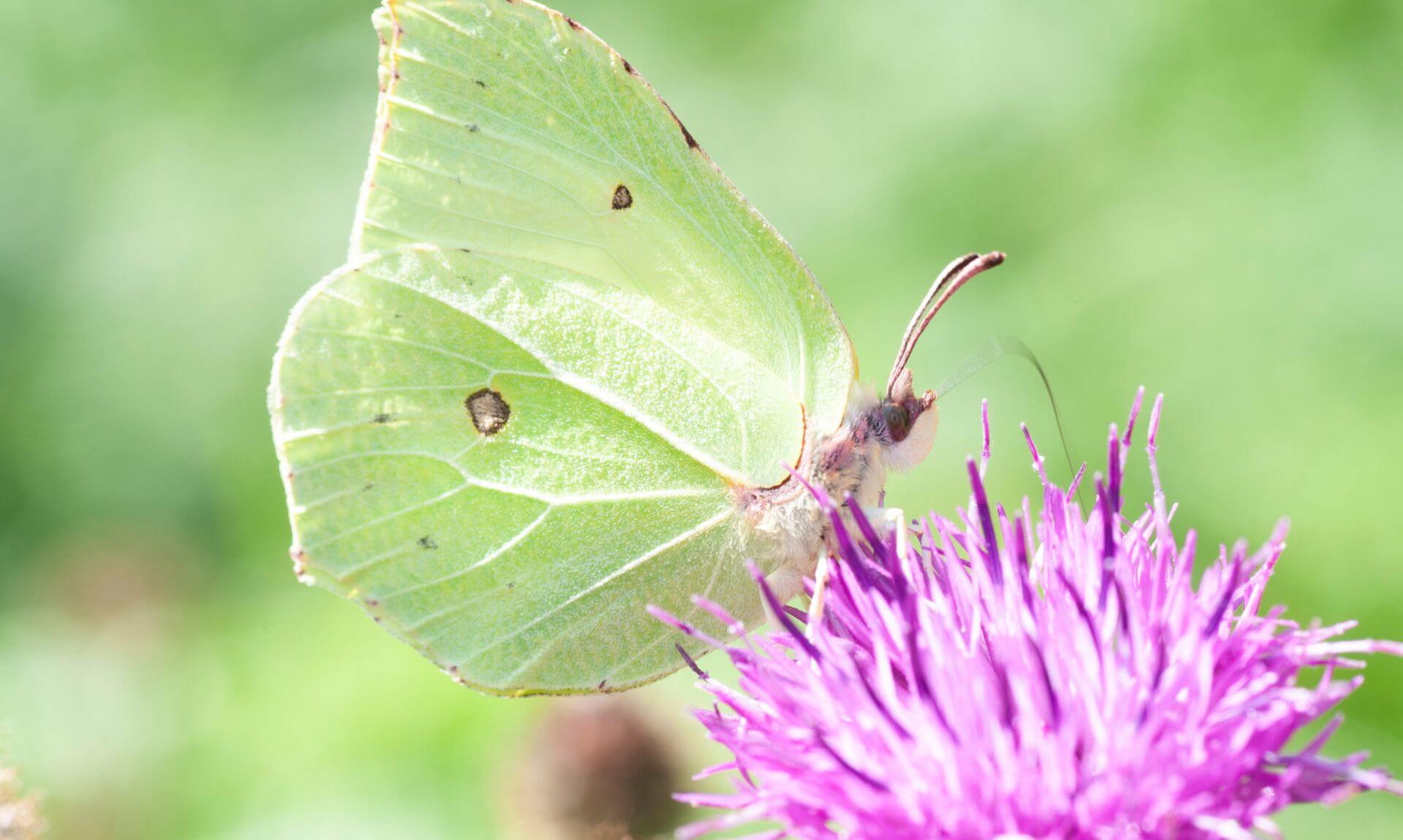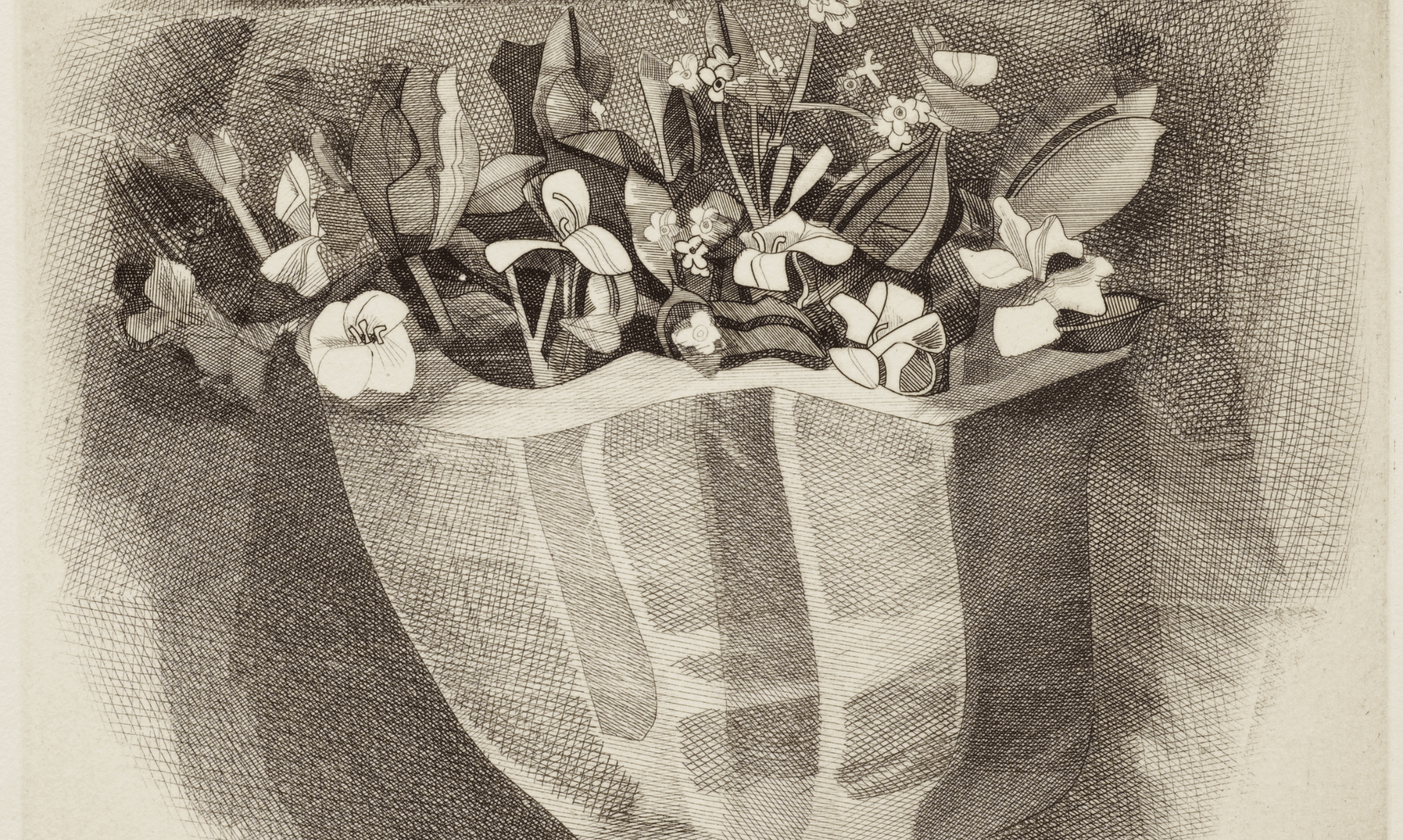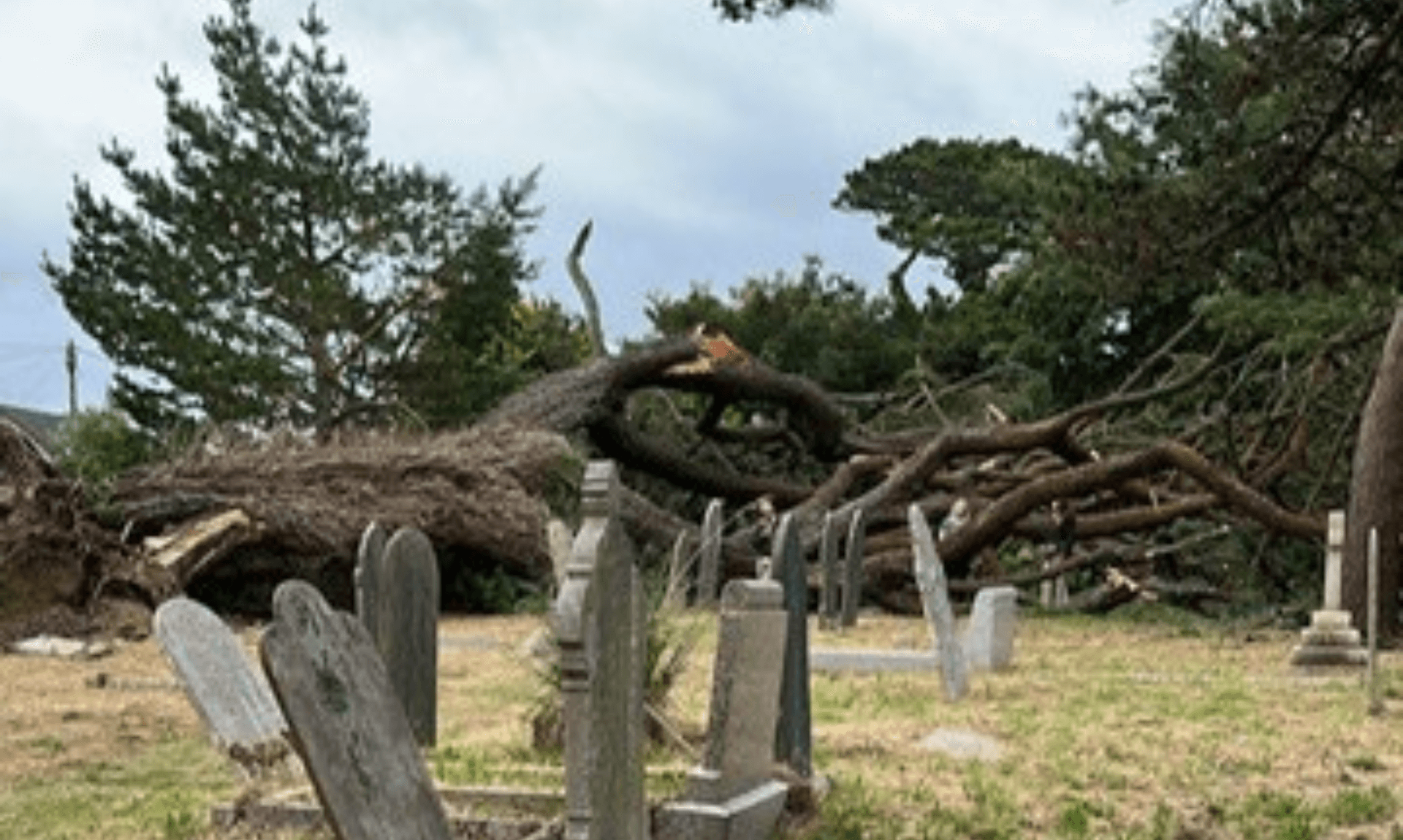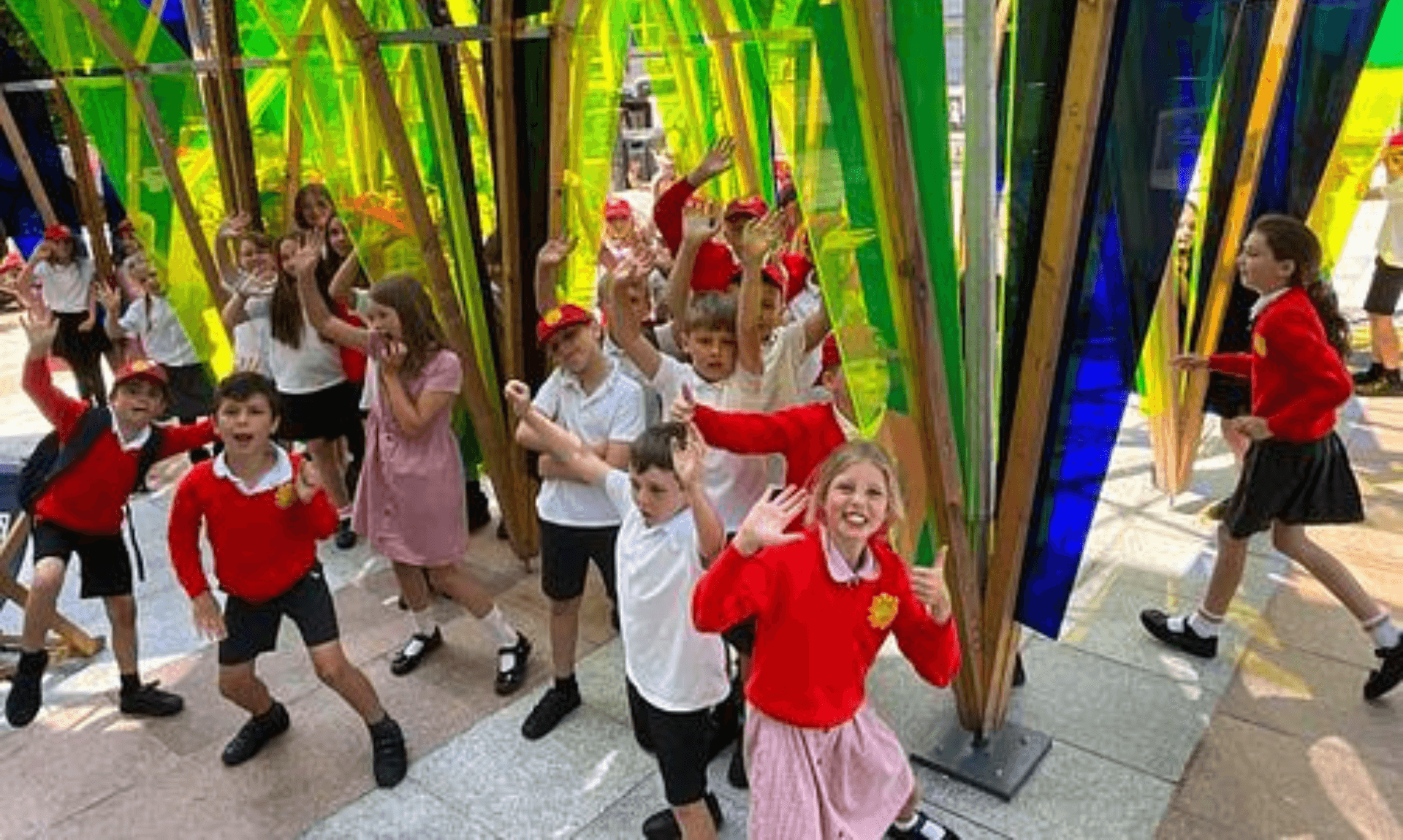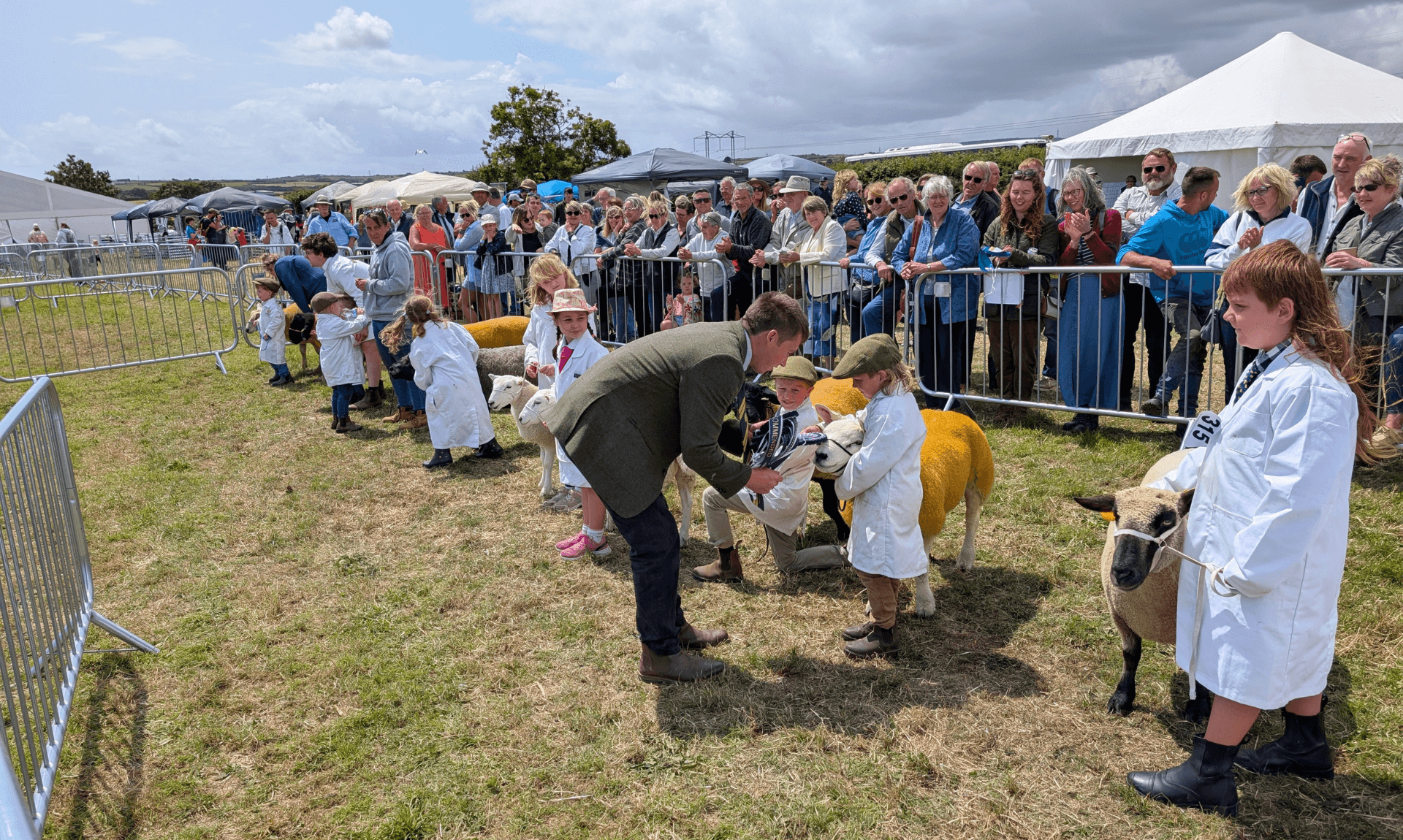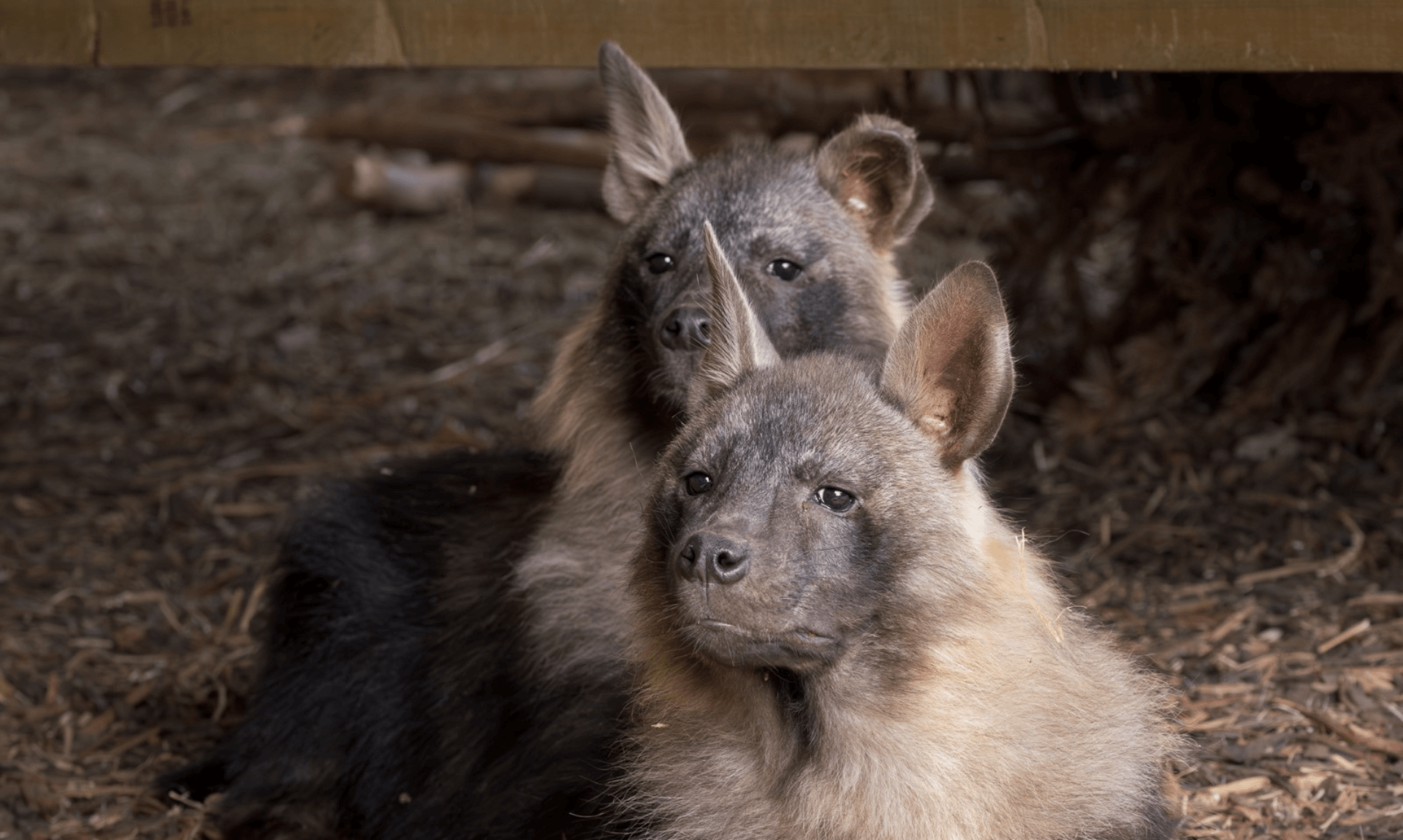Early Signs of Spring Becoming the Norm, Woodland Trust Reveals
The Woodland Trust has announced that earlier signs of spring, such as the first leafing of trees and the first sightings of butterflies, could become a permanent fixture in our calendars.
According to the Trust, observations gathered through citizen science initiatives have shown that species like elder, larch, rowan, and oak are leafing one to two weeks earlier than the historical average. Moreover, brimstone butterflies, often one of the first butterfly species to be spotted in spring, are now making their appearance approximately two weeks sooner than in previous years.
A Rapidly Changing Climate
Judith, a Citizen Science Officer at the Woodland Trust, noted the early leafing of elder trees in North Yorkshire on 20 February, marking a significantly premature start to the spring season, especially in the northern regions of the UK. “Whilst the sighting of an elder in leaf was a very welcome glimmer of spring after all the grim wet weather, it was much earlier than I’d expect, especially this far north,” she remarked.
This trend aligns with recent data from the Met Office, which recorded February temperatures 2.2°C above the average, heralding the warmest February on record for England and Wales. The Trust’s spring index, which analyses both modern and historic data, suggests that spring is now arriving 8.7 days earlier on average.
Ecological Implications
The shift towards earlier springs has ecological consequences, particularly in terms of the synchronisation of food chains. Judith cited a study that highlighted how early oak leafing leads to an earlier abundance of moth caterpillars, necessitating blue tits to adjust their breeding times. However, the birds are unable to adapt as quickly as their prey, resulting in a mismatch that potentially reduces breeding success due to a scarcity of food for their chicks.
Furthermore, the premature emergence of insects in spring, before many flowers have bloomed, poses a challenge for providing adequate food sources. “Change has happened very quickly which is why the best option to help wildlife would be to slow it down – by reducing CO2 emissions and by planting more trees,” Judith explained.
Call for Citizen Scientists
The Woodland Trust is appealing for more volunteers to join its ranks of citizen scientists to continue a 300-year-old tradition of recording seasonal changes. These observations are crucial for tracking the impact of climate change on the UK’s flora and fauna. Interested individuals can find more information on how to participate at naturescalendar.woodlandtrust.org.uk.
Supported by players of the People’s Postcode Lottery, Nature’s Calendar aims to compile comprehensive data that will aid in understanding and mitigating the effects of climate change on the natural world. As spring begins to arrive earlier each year, the importance of such initiatives becomes ever more apparent, highlighting the need for concerted efforts to address the underlying causes of climate change.
Share This Story, Choose Your Platform!
To keep up with the latest cornish news follow us below
Follow CornishStuff on Facebook - Like our Facebook page to get the latest news in your feed and join in the discussions in the comments. Click here to give us a like!
Follow us on Twitter - For the latest breaking news in Cornwall and the latest stories, click here to follow CornishStuff on X.
Follow us on Instagram - We also put the latest news in our Instagram Stories. Click here to follow CornishStuff on Instagram.
You Might Also Be Interested In
Latest News In Cornwall
Daily Cornish news by email
The latest daily news in Cornwall, sent direct to your inbox.

